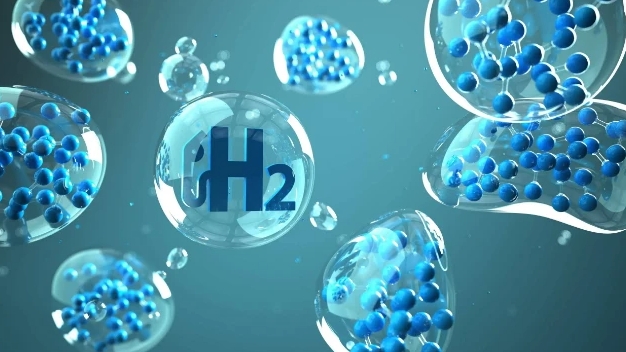The announcement caps months of intense political jockeying among states from California to Pennsylvania for their share of the $7 billion in federal dollars to set the U.S. on a path to produce 50 million metric tons of clean hydrogen fuel by 2050.
The competitive process granted the White House unusual power to play kingmaker and reward allies in states like Pennsylvania and Michigan that could play a major role in whether President Joe Biden is re-elected in 2024.
The 2021 bipartisan infrastructure bill allocated up to $7 billion to launch the initiative, called the Regional Clean Hydrogen Hubs program, which will help fund six to 10 regional clean hydrogen hubs across the United States.
The hydrogen is expected to replace fossil fuels like natural gas and coal to power factories and other hard-to-decarbonize sectors like cement.
In 2022, 79 applicants sent letters of interest to the Energy Department for the hub grants, and by January, the DOE had selected 33 teams to move forward. In many cases, states joined together to make joint applications.
The hubs have many private and public sector partners and the federal grants are expected to unleash a wave of new state and private sector investment.
The administration has also earmarked billions of dollars more in subsidies for hydrogen producers in last year's Inflation Reduction Act.
Biden is scheduled to travel to Philadelphia on Friday to discuss how his administration is building union jobs and a clean energy future.
The Philadelphia region is one of the locations vying for a share of the $7 billion in grants. The White House would not say whether Biden will announce the awards at the Philadelphia event.
The Department of Energy declined to comment on when the grants would be announced.
